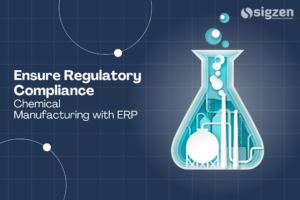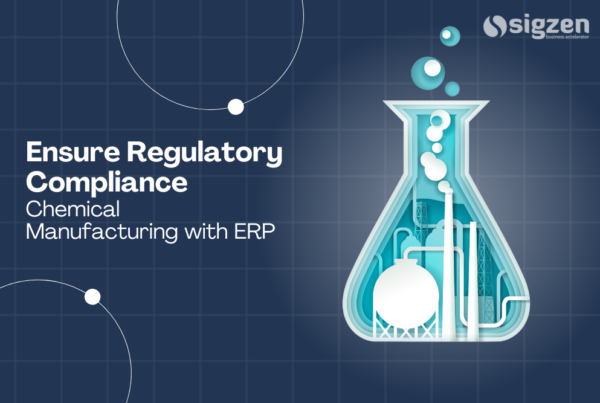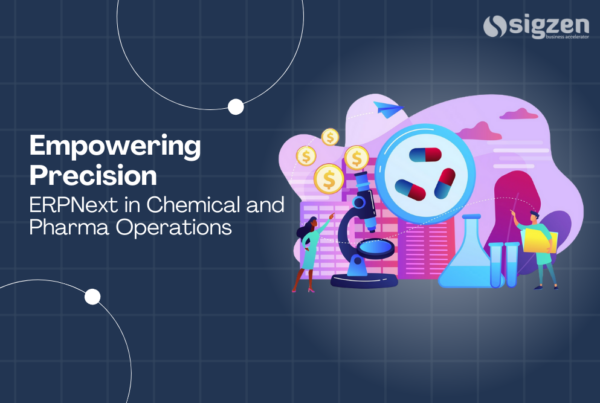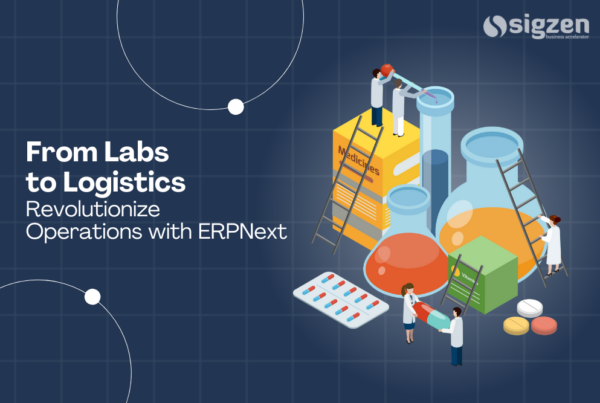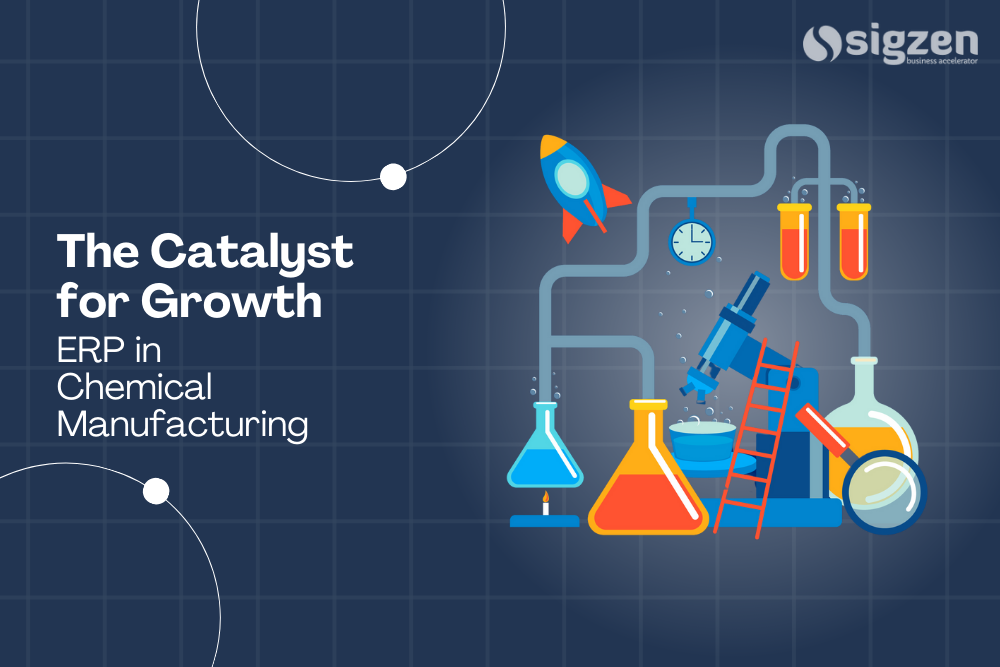
In today’s fast-paced business environment, innovation is key to staying competitive. For the chemical manufacturing industry, this couldn’t be more relevant.
Streamlining Operations with ERP
Efficiency is the lifeblood of any chemical manufacturing company. ERP systems offer a comprehensive solution for optimizing operational processes. They automate and integrate various functions, from supply chain management to production planning. This not only reduces operational costs but also ensures that resources are utilized optimally, enhancing overall productivity.
ERP’s Role in Quality Control
Maintaining high-quality standards is non-negotiable in the chemical industry. ERP systems for chemical manufacturing provide real-time data and analytics, allowing manufacturers to monitor and control the quality of their products at every stage of production. This not only ensures compliance with industry regulations but also boosts customer trust and satisfaction.
Inventory Management and ERP
In chemical manufacturing, inventory management is a complex task due to the diverse range of raw materials and chemical components. ERP systems provide the tools to efficiently manage inventory, reducing wastage and saving costs. By maintaining accurate stock levels and predicting demand, chemical manufacturers can optimize their inventory management processes.
Enhancing Decision-Making through Data
Data is the new currency, and chemical manufacturing is no exception. ERP systems collect and analyze data from various sources, providing valuable insights into market trends, production efficiency, and cost control. This data-driven approach enables informed decision-making, ensuring that chemical manufacturers can adapt to changing market conditions swiftly.
ERP and Compliance in Chemical Manufacturing
The chemical industry is heavily regulated to ensure safety and environmental responsibility. ERP systems help companies stay compliant by tracking and documenting their processes and materials. This ensures adherence to safety protocols, reducing the risk of accidents and environmental violations.
Real-Time Supply Chain Visibility
Supply chain disruptions can have a cascading impact on chemical manufacturing. ERP systems offer real-time visibility into the supply chain, from suppliers to distribution networks. This allows manufacturers to anticipate and mitigate supply chain challenges, ensuring the seamless flow of materials and products.
ERP and Sustainability
Sustainability is a growing concern in the chemical industry. ERP systems help companies reduce their carbon footprint by optimizing energy consumption, waste management, and resource usage. This not only aligns businesses with environmental regulations but also meets the growing demand for sustainable products.
ERP’s Role in Customer Relationship Management
Customer satisfaction is paramount in chemical manufacturing. ERP systems enable better customer relationship management by providing insights into customer preferences and feedback. This, in turn, allows manufacturers to tailor their products and services to meet specific customer needs.
ERP for Small and Medium Enterprises (SMEs)
ERP systems are no longer the exclusive domain of large corporations. SMEs in the chemical industry can also benefit from ERP implementation. The scalability and cost-effectiveness of modern ERP solutions make them accessible to smaller players, helping them compete with industry giants.
Conclusion
In conclusion, Enterprise Resource Planning systems have revolutionized the chemical manufacturing industry. From streamlining operations to ensuring quality control, enhancing decision-making, and promoting sustainability, ERP systems are an indispensable tool for businesses in this sector. The choice is clear: innovate with ERP or risk stagnation in an ever-evolving industry.

